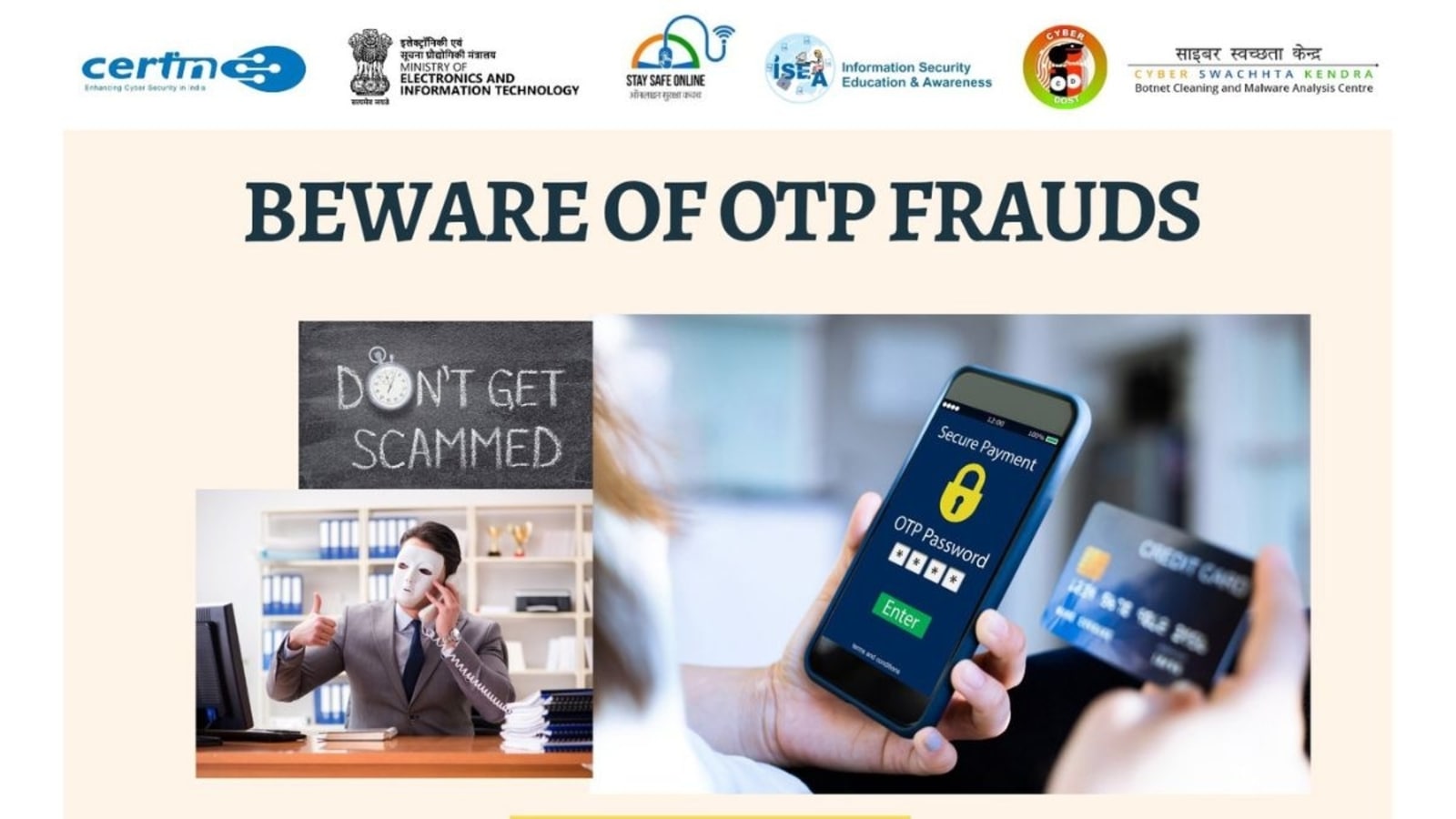Government urges mobile users to follow these key tips to avoid increasing OTP fraud threats- Details
Are you aware of the rising OTP frauds targeting mobile users? The government has issued new safety tips to help you protect your personal information. Here’s how to protect yourself.

India faces an increasing threat from financial fraud, according to recent data from the Reserve Bank of India (RBI). Despite various security measures, scammers persist in tricking people into disclosing personal information, resulting in significant financial losses. One-Time Password (OTP) frauds have become a prominent issue among these threats.
To assist citizens in avoiding these scams and minimising financial harm, the government's cyber agency, Cert-In, has released important safety tips for mobile users and outlined effective practices to follow.
Also read: Sent money to the wrong UPI address? Act fast with these easy steps to recover funds
How OTP Scams Functioned
Fraudsters use advanced techniques to deceive individuals and gain unauthorised access to their bank accounts, digital wallets, and other sensitive data. These scams often involve impersonating bank representatives, e-commerce sites, or even government bodies to trick victims into sharing their OTPs.
Fraudster Tactics
Typically, scammers send misleading emails or SMS messages with links to counterfeit websites or forms that imitate legitimate platforms. Victims, unaware of the deception, enter their personal details, including OTPs, which the fraudsters then use to access their accounts.
Also read: Protect your Aadhaar Card: How to check, lock, and report misuse effectively online
Sometimes, scammers employ psychological tactics to gain victims' trust and extract OTPs. They might pose as customer service agents, offer appealing deals, or create a sense of urgency to pressure individuals into revealing their OTPs.
In some cases, fraudsters install malicious software on victims' devices through phishing links or compromised apps. This software can intercept OTPs sent via SMS or other messaging services.
Also read: Netflix to soon end support for these iPhone users: Check if you are on this list
Government Recommendations
Cert-In has issued a clear warning: “Stay alert to OTP frauds,” the agency posted on X. The agency also provided a list of best practices:
- Be cautious of calls that appear to be from your bank or an authorised company's toll-free number.
- Do not share personal information, such as credit/debit card details, CVV, OTP, account numbers, date of birth, or card expiration dates with unknown individuals over phone calls or online.
- Always visit the official website of your bank or any authorised company to verify the source of any call or SMS you receive.
- Avoid sharing OTPs via phone calls, emails, or SMS in exchange for cashbacks, reward points, or similar offers.
By following these guidelines, users can better protect themselves from OTP fraud and reduce their risk of financial loss.
Catch all the Latest Tech News, Mobile News, Laptop News, Gaming news, Wearables News , How To News, also keep up with us on Whatsapp channel,Twitter, Facebook, Google News, and Instagram. For our latest videos, subscribe to our YouTube channel.




















